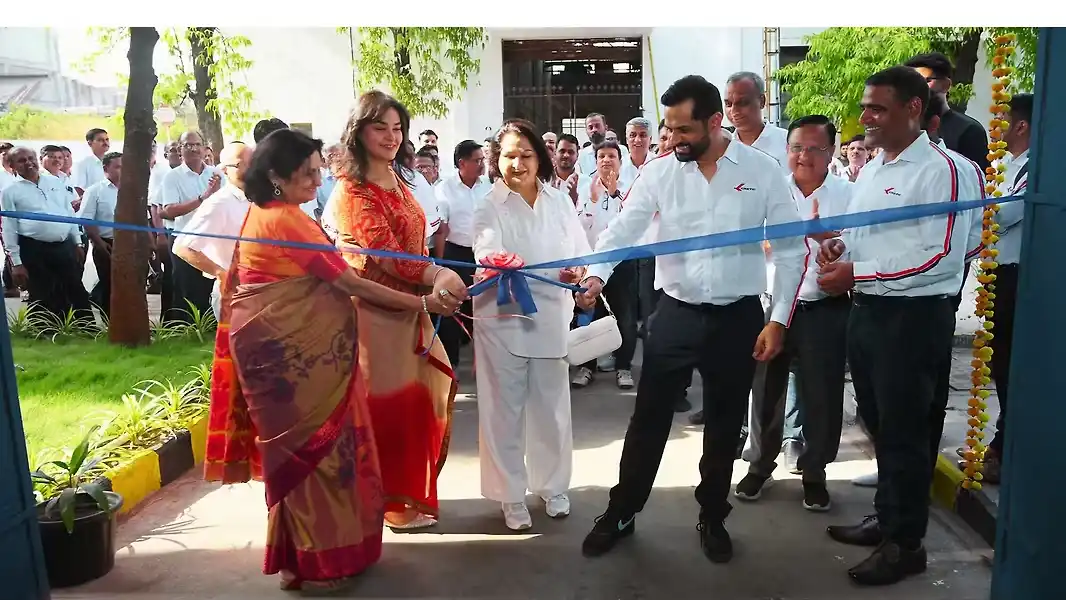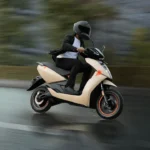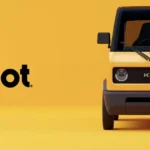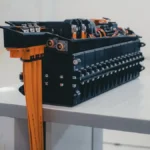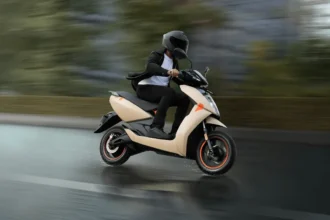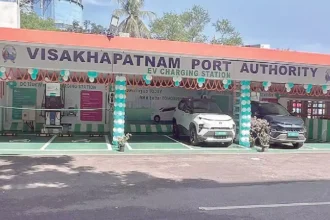What happens when a traditional motorcycle company decides to completely change how it makes vehicles? Kinetic Group just opened a brand new factory that shows exactly this transformation. According to MobilityOutlook, Kinetic Watts and Volts, the electric vehicle division of Kinetic Group, has inaugurated an advanced manufacturing facility in Ahilya Nagar, Maharashtra on May 29, 2025.
From Old to New: A Complete Business Makeover
This 87,000 square feet facility represents much more than just a new building. Think of it like a complete makeover for the company. Kinetic Group is transforming from making traditional petrol motorcycles to creating electric vehicles with cutting-edge technology.
- Traditional Focus: The company used to concentrate on making regular two-wheelers that run on petrol
- New Direction: Now they are building electric vehicles that use battery power instead
- Technology Upgrade: The factory uses computer-controlled systems and robot-assisted assembly lines
- Future Planning: The facility can expand production as more people want electric vehicles
Also Read: Kinetic’s trusted name sparks a new start building electric vehicles that could change how India travels forever! Read Here.
Smart Factory Technology Explained
The digital integration at this facility means computers control most of the manufacturing process. According to ET Manufacturing and other sources, this creates much more efficient production.
| Traditional Manufacturing | Digital Manufacturing |
| Workers manually control most assembly steps | Computers and robots work together with human operators |
| Fixed production that is hard to change quickly | Flexible systems that can adapt easily to different products |
Production Goals and Market Impact
The facility aims to produce 60,000 battery packs every year once fully operational. As reported by Outlook Business and ThePrint, this production target shows serious commitment to electric mobility. Ajinkya Firodia, Vice Chairman, explained that the plant will deliver “innovative, made-in-India EV solutions” that are both sustainable and accessible to regular people.
This development signals how Indian companies are preparing for the electric vehicle future. Will other traditional vehicle manufacturers follow this same path toward complete digital transformation?
